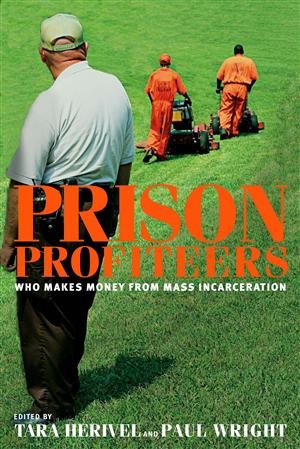by Richard Resch
On October 29, 2014, at about 4 a.m., 13 Highland Park, New Jersey, police officers performed a no-knock entry into the Greer family home.
Without knocking or announcing their presence, the officers blasted the door open with a shotgun. All the officers were outfitted with SWAT gear …
by Richard Resch
The Supreme Court of Illinois has taken the relatively rare step of striking language from two stalking statutes as facially unconstitutional because they violate the First Amendment to the U.S. Constitution.
In the November 30, 2017, opinion, the Supreme Court vacated Walter Relerford’s convictions for stalking and …
by Richard Resch
Jose Delacruz, Anthony Waller, and three others participated in the robbery of Joshua Haines, who was murdered during the act. Delacruz was convicted of aggravated robbery, but he was acquitted of felony murder. He was sentenced to 83 months in prison. Both the conviction and sentence were …
by Richard Resch
The Supreme Court of California granted a death row prisoner’s petition for writ of habeas corpus based upon the introduction of false evidence at trial and vacated his convictions in their entirety.
On November 17, 1991, 21-month-old Consuelo Verdugo was rushed to the emergency room at Delano …
by Richard Resch
The U.S. Court of Appeals for the First Circuit modified its position on the emergency aid exception to the Fourth Amendment’s warrant requirement by announcing: “officers seeking to justify their warrantless entry need only demonstrate ‘an objectively reasonable basis for believing’ that ‘a person within [the house] …
by Richard Resch
This marks our sixth issue of Criminal Legal News. The response has been a pleasant surprise. While we were confident that there was a pressing need for a publication of this type—and that the content of each issue of CLN would provide readers with relevant, actionable legal …
by Richard Resch
On May 24, 2008, Reginald Wiggins and codefendant Jamal Armstead were involved in an altercation in which a 15-year-old bystander was shot and killed. They were arrested and charged with various crimes, including murder. The prosecution spent two-and-a-half years attempting to get Armstead to testify against Wiggins, …
by Richard Resch
The Supreme Judicial Court of Massachusetts held that consent to search inside a vehicle does not authorize the police to search under the hood of the vehicle.
On January 23, 2015, two police officers conducted a traffic stop of a vehicle for loud music. There were two …
by Richard Resch
The U.S. Supreme Court held that a guilty plea alone does not bar a federal criminal defendant from challenging the constitutionality of his statute of conviction on direct appeal.
In September 2013, Rodney Class was indicted by a federal grand jury for possessing firearms in his locked …
by Richard Resch
In April 2013, Julio Chairez pleaded guilty in connection with a plea agreement to possessing a firearm within 1,000 feet of a park in violation of Section 24-1(a)(4), (c)(1.5) of the Unlawful Use of a Weapon (“UUW”) statute (720 ILCS 5/24-1(a)(4), (c)(1.5), which prohibits carrying …





